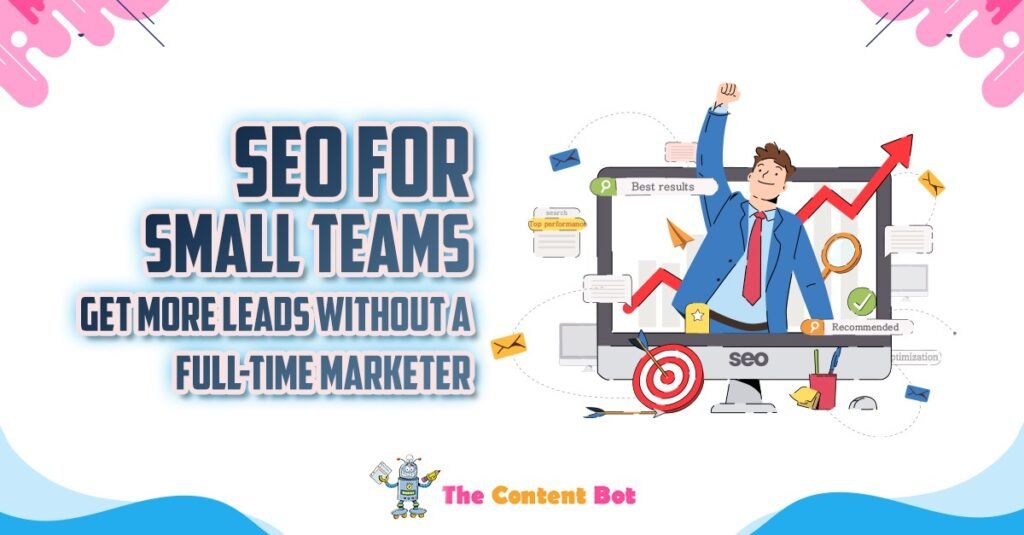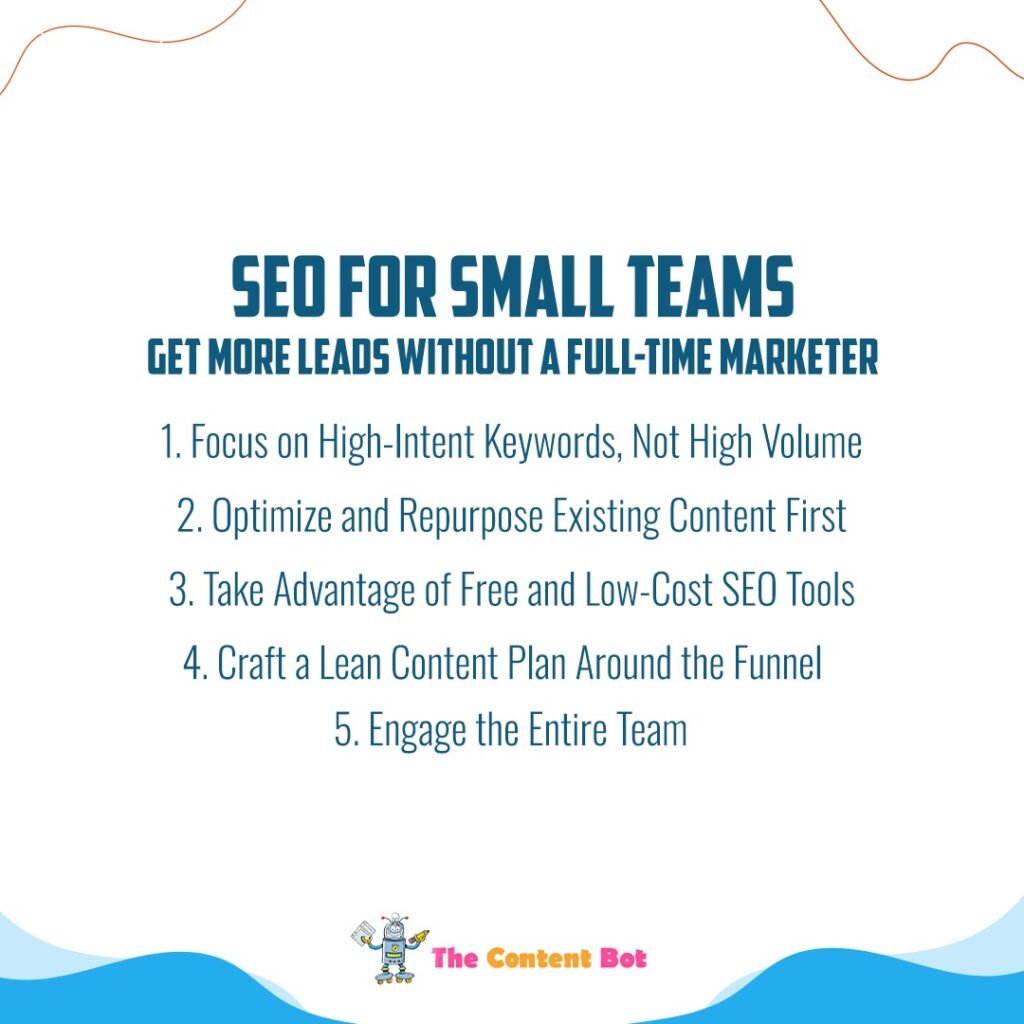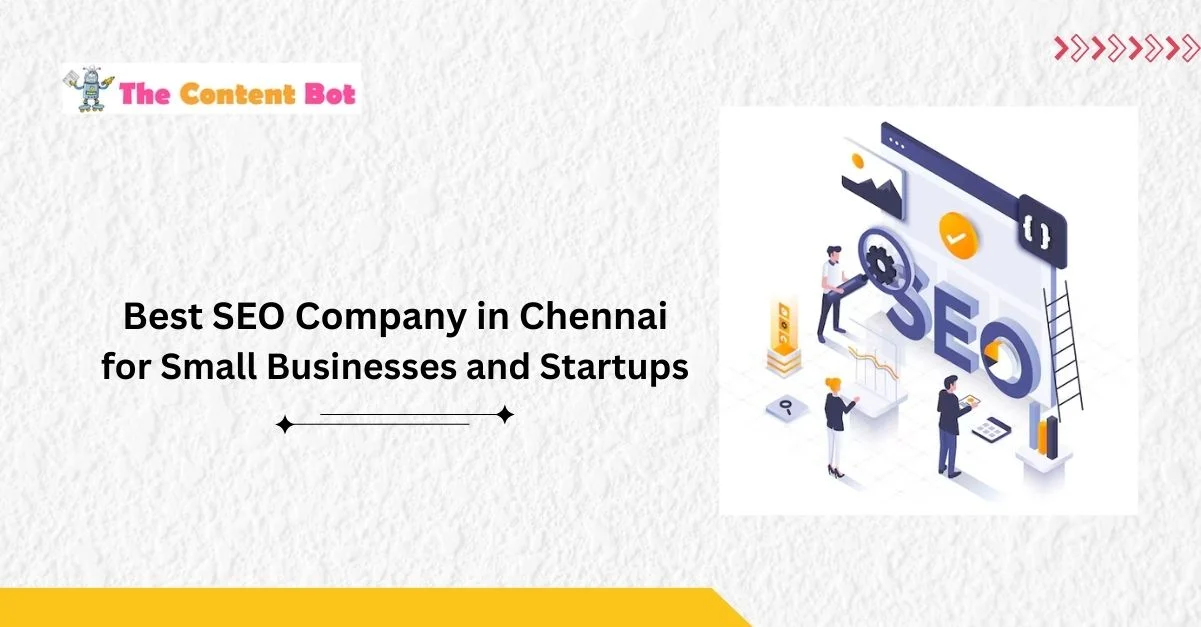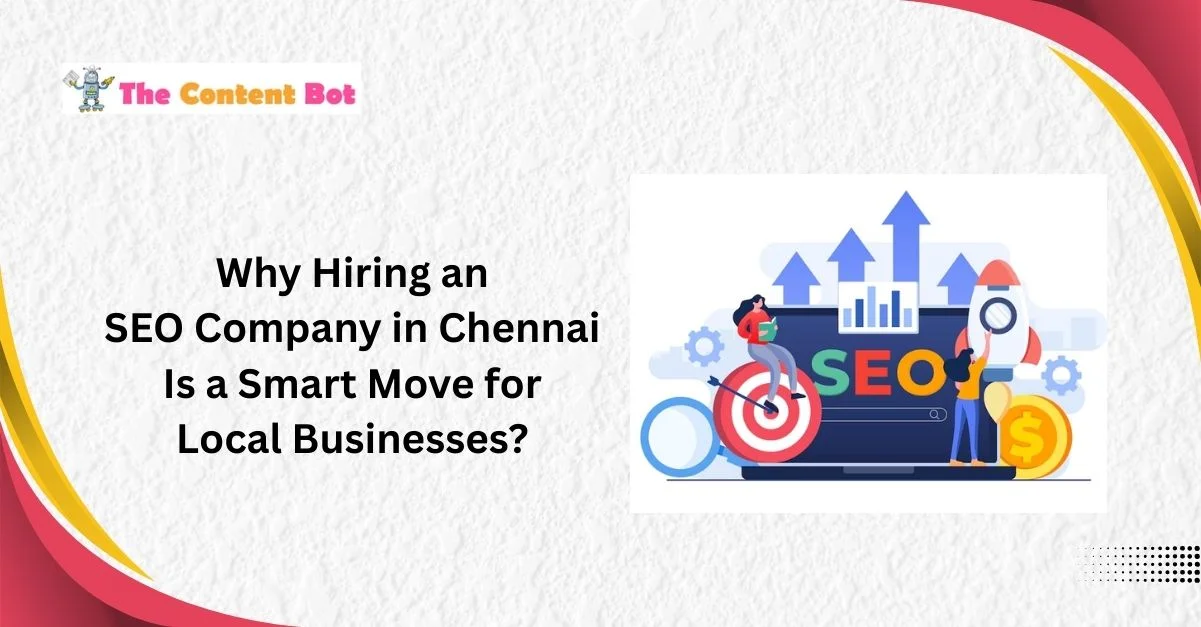
SEO for Small Teams : Search engine optimization (SEO) is often perceived as a resource-heavy strategy reserved for large teams with dedicated marketing personnel. However, small teams can also leverage SEO effectively to drive qualified traffic and generate consistent leads without the need for a full-time marketer.
With the right approach, even limited resources can be maximized to build a strong online presence, improve search visibility, and support sustainable business growth. This article outlines practical, results-driven SEO strategies that small teams can implement to achieve measurable outcomes efficiently.
1. Focus on High-Intent Keywords, Not High Volume
When you’re limited on time and resources, chasing high-competition keywords is a fast way to burn out. Instead, concentrate on long-tail, intent-driven keywords those that signal someone is closer to making a decision. These may have lower search volumes, but they often convert better and face less competition.
Use Google Search Console, Uber suggest, or Arefs to find out what is being searched now. Opt for the keywords that best fit your services and your customers’ problems.
Key Insight: With small teams, focus beats quantity. Aim for leads, not clicks.
2. Optimize and Repurpose Existing Content First
You don’t have to create new content weekly to see success with SEO. The majority of small businesses already have quality content that simply needs to be updated, optimized, and reorganized for search.
Begin a content audit:
- Document your best performing blog posts or service pages.
- Incorporate targeted keywords organically into the content.
- Update stats, headlines, and internal linking.
- Enhance formatting for standability (bullet points, subheadings, etc.)
Resurrecting old content can sometimes provide quicker returns than starting from scratch with fresh content.
Key Insight: Get more out of your existing content. You’ve got equity refine it for payback.

3. Take Advantage of Free and Low-Cost SEO Tools
You don’t have to spend thousands of dollars on enterprise solutions to do intelligent SEO. There are plenty of freemium tools that can assist you with research, tracking, and optimizing efficiently:
- Uber suggest for keyword research and audit reports
- Google Search Console for tracking performance
- Answer the Public to find inspiration for content
- Rank Math or Yoast SEO for WordPress on-page optimization
Add those to a basic monthly workflow: track performance, find quick wins, and plan 1–2 must-do content updates or new pages. That’s all you need to remain consistent.
Key Insight: Consistency trumps complexity. Clever tools make SEO manageable for small teams.
4. Craft a Lean Content Plan Around the Funnel
Rather than attempting to write everything, write content that complements your sales funnel. Think of it as your part-time content machine. Each will play one of the following roles:
- Attract (top of funnel): Blogs, how-to articles, listicles
- Educate (middle of funnel): Case studies, FAQs, solution pages
- Convert (bottom of funnel): Testimonials, CTAs, service descriptions
Map objections and questions from customers to content. In this manner, every piece of content you create serves some specific business goal and has a clear spot in your funnel.
Key Insight: A customer-aligned content strategy saves time and generates highest conversions ideal for lean teams.
5. Engage the Entire Team
You may not need an in-house full-time SEO manager if you steal content on inside your company culture. Ask various members of the team to contribute insights, customer FAQs, or success stories that can be crafted into content.
For instance:
- Sales team gives common objections they get
- Customer support provides common troubleshooting steps
- Founders can write thought-leadership posts based on experience
This team-driven approach decentralizes content creation and lets you create more authentic, helpful content.
Key Insight: Your team’s normal, real-life experiences can create great SEO content no marketers required.
How The Content Bot Can Help
We design SEO machines for lean teams at The Content Bot. You don’t need a marketing department to create leads you need the right system, strategy, and direction. We assist you in making your website your top-producing salesperson without taxing your team’s energy.
This is how we support small businesses like yours:
- Keyword research based on business ROI, not filler
- Content repurposing strategies for maximum leverage of what you already have
- Funnel-first content that drives traffic and conversions
- Technical audits and optimisations for better performance
- Monthly SEO action plans designed for small teams and solopreneurs
You run your business—allow us to worry about bringing the right leads to you every day.
Frequently Asked Questions
Do I have to hire a full-time employee to do SEO?
No. With the right tools, data, and targeted strategy, many small teams can execute effective SEO campaigns internally.
When does SEO pay for itself?
Generally, 3–6 months, although working on current pages or for low-competition terms may gain faster victories.
What is the most common SEO error small companies make?
Attempting to do too much at once. SEO is best when it’s consistent and concentrated not hurried or watered down.
Do I have to post every week?
No. Better to have 1–2 extremely well-optimized posts per month that reap huge rewards when it comes to enveloping your goals.
Real-Life Situations
The Local Agency That Boosted Leads with Only 4 Blog Posts
A two-person design firm was having difficulty getting inbound leads. We assisted them in developing four niche blog posts from typical client questions. In 90 days, they had seen a 220% boost in organic leads.
The Consultant Who Turned a Webinar into SEO Gold
Rather than developing new content, a single consultant used a recorded webinar and converted it into three blog posts, an FAQ section, and a case study. Organic traffic increased by 50% and leads doubled within two months.
The Startup That Used SEO In Place of Paid Ads
Without an ad budget, a bootstrapped SaaS company doubled down on SEO. We assisted them in finding high-intent keywords and optimizing their demo page. Within 6 months, they made it to page one and inbound demos was their number one conversion channel.
Final Thoughts
In this rapidly changing digital era, small groups no longer need to sit on the sidelines of search engine optimization. By displaying the right attitude and employing a good strategy, you can develop a powerful, lead-producing web presence without necessarily having a full-time marketer on board. It is not a matter of getting it all done it’s about doing the right things on purpose and repeatedly.
From high-intent keyword targeting to content repurposing and engaging your internal storytelling teams, all steps must be deliberate. SEO is no longer technical know-how it’s a mechanism of long-term growth that evolves with your business objectives and grows with you. It’s simply a matter of optimizing what converts, not clicks.
By smarter, not harder, working, your team can construct a sustainable content plan that doesn’t just rank but sells. And when you need someone to make things a bit more straightforward, The Content Bot is at your service.
Smart SEO isn’t something that small teams can only afford as an indulgence it’s the lowest-cost growth tactic they have.





